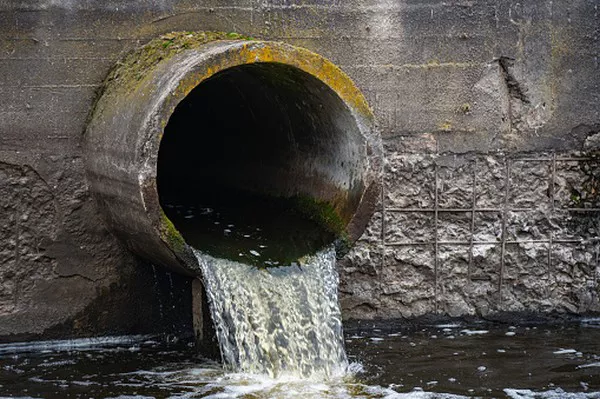The U.S. Department of Defense (DOD) is set to enhance its efforts to control contamination from perfluoroalkyl and polyfluoroalkyl substances (PFAS), commonly known as “forever chemicals,” at a former military base in Michigan. The initiative involves the installation of two additional groundwater treatment systems at the former Wurtsmith Air Force Base in Oscoda, a move aimed at preventing PFAS from spreading into the Clarks Marsh area and the Au Sable River, both near Lake Huron.
PFAS compounds, notorious for their persistence in the environment, have been linked to various health issues, including low birth weight and kidney cancer. These chemicals are commonly found in products such as nonstick cookware, food packaging, and firefighting foam used by airports to combat plane crash fires.
The decision to implement additional groundwater treatment systems comes in response to the detection of PFAS in groundwater around the Wurtsmith base, reaching levels as high as 213,000 parts per trillion, according to DOD records from 2021. Federal regulators proposed limits of 4 parts per trillion in drinking water, emphasizing the severity of the contamination.
The move aligns with the broader effort to address PFAS contamination at military bases across the United States, with Pentagon documents revealing at least 385 bases nationwide affected by PFAS, primarily originating from firefighting foam used in training exercises.
Environmentalists and advocates for clean water have welcomed the announcement, emphasizing the significance of preventing further contamination in areas surrounding the former military base. The groundwater treatment systems are designed to mitigate the environmental impact of PFAS, safeguarding both Clarks Marsh and the Au Sable River.
U.S. Representative Elissa Slotkin expressed her support for the initiative, calling it a “milestone moment” for Oscoda and the surrounding communities. She also urged the Pentagon to expedite the implementation of these measures and address PFAS contamination at other military installations in Michigan and nationwide.
Tony Spaniola, co-chair of the Great Lakes PFAS Action Network, hailed the additional groundwater treatment systems as a “landmark moment” and suggested that the efforts in Oscoda could serve as a model for cleaning up PFAS contamination at other military sites across the country.

